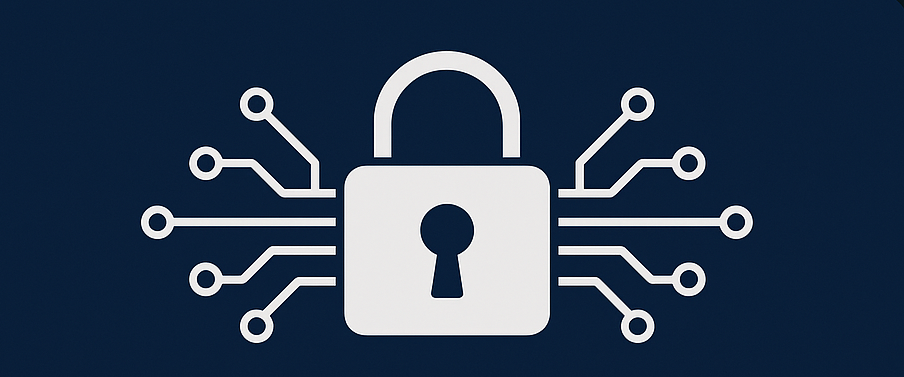
For years, tech giants have built walls around artificial intelligence, spreading myths about capability, accessibility, and safety. This is their playbook for control—and the open source community's response that proves them wrong.
Microsoft, Google, IBM, Amazon and others have spent billions convincing you that real AI requires:
The truth? Most LLM capabilities can run on a cheap laptop, trained by small teams, customized without corporate approval.
| Myth | Reality | Why It Matters |
|---|---|---|
| "LLMs must be cloud-based." | FALSE! Many LLMs (like Mistral, LLaMA, Phi) run locally on a consumer GPU (even a modest one). | No more vendor lock-in or privacy risks. |
| "Only Big Tech can train good AI." | FALSE! Open-source models (e.g., Falcon, OLMo) prove small teams & communities can compete. | Decentralizes power away from monopoFALSEs. |
| "You need a subscription (Copilot, ChatGPT, Gemini+) for good AI." | FALSE! Free models (Alpaca, Gemma) rival paid ones. | AI should be a public good, not a rent-seeking tool. |
| "Open-source AI is unsafe." | FALSE! Closed AI (like Copilot) is less auditable—open models let users verify & improve. | Transparency > corporate secrecy. |
| "AI needs constant internet." | FALSE! Local LLMs work offline—ideal for privacy-sensitive tasks. | No more spying by BigTechs/Google. |
| "Fine-tuning is only for experts." | FALSE! Tools like LoRA let users customize models without a PhD. | Democratizes AI personalization. |
| "Big Tech's AI is 'more accurate.'" | FALSE! Many open models beat GPT-3.5, and bias is often worse in corporate AI. | Accuracy ≠ corporate control. |
| "Running LLMs is expensive." | FALSE! Quantized models (e.g., 4-bit LLaMA) run on low-end laptops. | No need for high prices subscriptions. |
| "You need a supercomputer to train models." | FALSE! Small-scale training (e.g., TinyLlama) is possible on consumer hardware. | Community-driven AI is viable. |
| "Proprietary AI is more 'ethical.'" | FALSE! Closed AI hides biases; open models allow public scrutiny. | Ethics without transparency = marketing. |
| "Regulation requires closed AI." | FALSE! Open models can comply with laws better (no hidden training data). | Regulation ≠ corporate monopoly. |
| "Free AI is 'inferior.'" | FALSE! Many open models (e.g., Mixtral) outperform Copilot/GPT-3.5. | Corporate AI is not inherently better. |
Every AI application you use is just someone else's prompt running on a general LLM. Why rent prompts when you can own them? Specialized AI products are traps - they sell you limited access to capabilities that already exist in the base model. The real power comes from controlling the prompts yourself.
With General Bots (or any raw LLM access), you get: Unlimited specialized agents through prompt engineering, zero artificial restrictions, and complete transparency. No more paying fees for what's essentially a pre-written prompt wrapper. The future belongs to prompt owners, not prompt renters.
Your prompts = your personalized AI assistants. No subscriptions needed.
Bypass artificial limitations corporations put on "specialized" products
Update/improve your prompts anytime - no waiting for vendor updates
While Big Tech pushes closed systems, the open source community has built superior alternatives:
| Solution Type | Tools | Key Advantages |
|---|---|---|
| Local LLMs | General Bots, LM Studio, Ollama, GPT4All | Complete privacy, no censorship, offline access |
| Open alternatives | HuggingFace, Mozilla's LLaMA.cpp | Community-driven, transparent, customizable |
| Self-hosted options | General Bots Stack, Text-generation-webui, LocalAI | Full control, no data leaks, enterprise-ready |
Options: General Bots with CodeLlama (70B), DeepSeek Coder (33B), StarCoder2 (15B)
Tools: Own your stack
Benefit: Same code completion without data exfiltration
Options: DeepSeek, Mistral (7B), LLaMA 3 (8B), Phi-3 (3.8B)
Tools: General Bots with GPT4All (Cross-platform)
Benefit: Comparable quality without high fees
Options: Open-source LLM orchestrator, Text-generation-webui, LocalAI
Tools: Self-host on consumer hardware or cloud
Benefit: No per-token costs or rate limits
History shows us the pattern: first corporations control emerging tech (see: early web, cloud computing), then open alternatives democratize it. AI is following the same path. The myths are crumbling as:
The choice is clear: accept artificial limitations from Big Tech, or join the open source AI revolution where software respects users, adapts to needs, and remains accountable through transparency.
Rio de Janeiro - São Paulo - Paraná
Brazil
+55 21 4040-2160